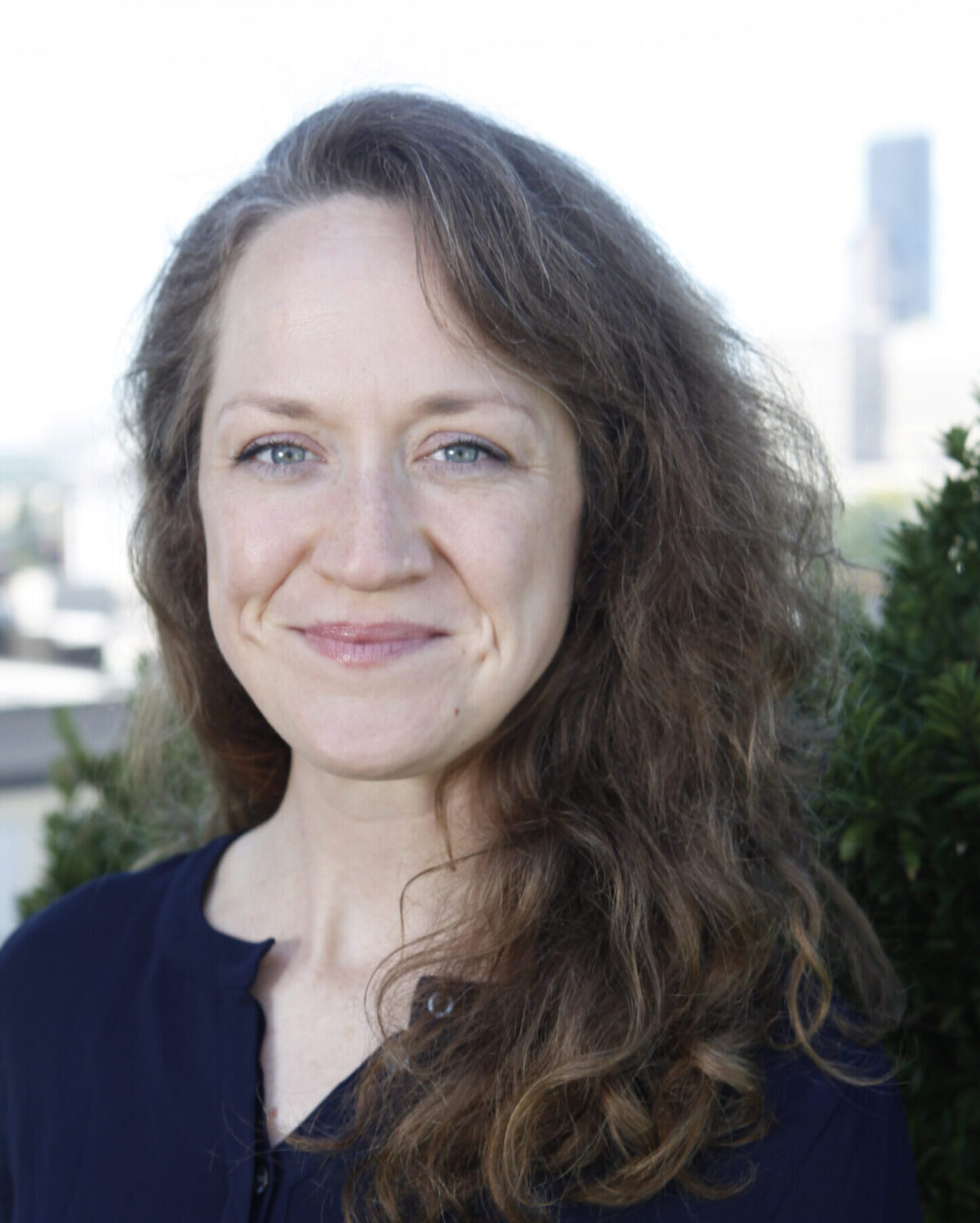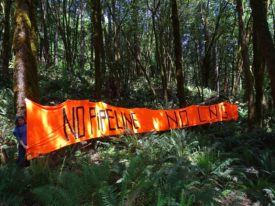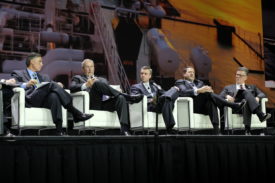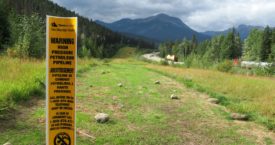Serena
I love sandwiches. A lot. Also, laughing. Therefore, I rarely miss a Sandwich Monday post on the NPR food blog. This week’s, on the Subway Flatizza, was particularly hilarious.
Speaking of fast food, all of the K-cups sold in 2013 would wrap around Earth 10.5 times.
I finally got to read Margaret Atwood’s MaddAddam, the conclusion to her fantastic dystopian trilogy that started with Oryx and Crake and The Year of the Flood. (Unfamiliar? Think up the worst climate/surveillance state/bio-terror combo you can, and you’re maybe 2% there.) This third book was unfortunately my least favorite, in part because it spent a crazy amount of page estate languishing over a central female character’s insecurity over her feelings for a central male character. When, like, ummm… apocalypse! Who CARES? Not to mention this woman was such a fierce baller in the second book. Wha’ happened?
More interesting was the book’s meta-narrative on the development and process of storytelling and myth-making—and thereby, reality-making. Having been the victim of many a spoiler alert, I’ll stop there. In any case, aside from giving me night-sweat-inducing dreams and causing me to insert statements like “Nature is the WORST!” or “Nature deserves to just off us all!” into my social conversations (this happened twice), it was the needed page-turner not-really-resolution to the series. And Oryx and Crake still stands securely on my top five list.
Alan
With all the CSI obsession of the last decade, it’s astonishing that as many as 400,000 rape kits are lying around the United States, their DNA samples never tested. “Serial rapists are responsible for 91 to 95 percent of all rapes,” reports Ms. Fix this!
Why honey doesn’t spoil, even when sealed in a tomb for thousands of years.
Rebecca Solnit’s case for purging your investments of fossil-fuel companies is my pick for righteous tirade of the month. The point she makes, brilliantly and repeatedly, is that in an emergency—9/11, Fukushima, a house fire, global climate change—underreaction is both normal and wildly irresponsible.
According to many scenarios, divesting energy company stocks will have no impact, or even a positive impact, on a portfolio. The biggest question, however, is what constitutes a good portfolio on a planet spiraling into chaos. The best way — maybe the only way — to manage a portfolio is to manage the planet, or at least to participate in trying. How will your stocks do as the oceans die? Or — leaving out all humanitarian concerns—as massive crop failures decimate markets and maybe populations?
Solnit’s central story is of a debate she attended, where climate hawks argued in vain for a public retirement fund to divest from fossil fuels.
Climate activists speak the language of people who know that we’re in an emergency. The retirement board is speaking the language of people who don’t. The board members don’t deny the science of climate change, but as far as I can tell, they don’t realize what that means for everyone’s future, including that of members of their pension fund and their children and grandchildren. The words “fiduciary duty” kept coming up, which means the board’s and staff’s primary responsibility and commitment are to the wellbeing of the fund. It was implied that selling 3.3% of the portfolio for reasons of principle was a wild and irrational thing to support, no less do.
But it isn’t just principle. The pensioners receiving money from the board will be living on Earth, not some other planet. Exactly what that means in 10, 20, or 50 years depends on what we do now. That we, by the way, includes money managers, investors, and pension-holders, as well as politicians and activists, and you who are reading this. What, after all, does “fiduciary duty” mean in an emergency? Can you make sound investments on a planet that’s going haywire without addressing the causes of that crisis? In such circumstances, shouldn’t fiduciary duty include addressing the broader consequences of your investments?
She closes:
During 9/11, survival meant evacuating the south tower of the World Trade Center. In 2011, survival on the northeast coast of Japan meant going uphill or far inland. Our climate crisis requires us to evacuate our normal ways of doing things. That will not always be cheap or easy, but divestment can be done now with no loss, even possibly with an upside, say many financial analysts. In any case, it’s the only honorable and sane thing to do—for the young who will be alive in 2064, for the beauty and complexity of the world we have been given, including all the other living things on it, for the sake of the people who are already suffering and will suffer more because of the disruption of the elegant system that is the Earth we inherited.
Eric
The Oregonian continues to go deep on coverage of oil-by-rail shipments. In a ground-breaking move, they conducted chemical analyses of the fuel now rolling through Portland en route to a Columbia River terminal. They found that the oil is, in some cases, more volatile than gasoline.
Speaking of which, here’s an example from Canada of the Kafka-esque logic we’re seeing around oil-by-rail in the US. The railway is refusing to divulge information to the Toronto public “out of security concerns.” Which is sort of nuts if you think about it. It amounts to saying something like, “sure, we’re moving city-destroying firebombs through your neighborhood, but talking about it is too dangerous.” (Um, guys, it’s not the information that’s dangerous. It’s the exploding trains.)
A good interactive feature at Businessweek documents 25 years of oil spills.
Montana documentary filmmaker Gene Bernofsky takes aim at Arch Coal and highlights women opposing their operations in the Northwest and beyond.
My heart was in my throat watching this future Darwin Award winner.










Eric de Place
I’ll add an endorsement for Rebecca Solnit’s excellent essay. I found it enormously powerful.